Published and translated by the firm Winter – Dávila & Associés
Paris, 4 September 2023
Sport is undoubtedly one of the entertainment attractions that most attracts the attention of the world’s population. An example of this is the huge audience, both in person and on television – and digitally – that major sporting events attract globally. An example of this was the men’s World Cup organised in Qatar by the Fédération Internationale de Football Association (“FIFA”) in 2022, which had a total of more than 3.4 million spectators1 in each of the stadiums where the matches of the event took place. In terms of television, the World Cup final alone had an audience of approximately 1.5 billion viewers, which demonstrates both the great importance of these events and people’s interest in watching them live.
In line with the above, it is important to point out for the purposes of this article the great importance that has been achieved – for several years now – by the fact of being able to broadcast these events on television at an international level. This, with the passing of time and the advance of technology, has meant that broadcasting rights have become the main element to consider when analysing the different sources of income and options for generating profits when organising and holding a sporting event. As a result, there are a series of regulations, both general and specific, that regulate the different rights that converge behind such transmissions, which will be analysed – in general terms – below.
– Copyright
This legal concept covers and encompasses all the rights that exist behind an intellectual creation at the level of individuals, whether literary or artistic in nature. This is what the Berne Convention2 states in its second article (international treaty that regulates copyright for the more than 170 member countries of the convention), establishing that the terms literary and artistic “include all productions in the literary, scientific and artistic fields, whatever the mode or form of expression”, so that, within these categories, music, designs, illustrations and paintings, databases, computer programmes, and, in this case, all audiovisual material created, be it videos, photographs, among others, are considered. It should be pointed out that, unlike trademarks, as we shall see below, in the vast majority of countries, copyright is not required to be registered, since the aforementioned Berne Convention establishes that these rights are generated by virtue of the mere creation of the work, and that the registration or registration of the same in each respective country is commonly used to generate evidence that allows and facilitates proving the authorship of the work before third parties.
YOU CAN ALSO READ: Challenges and advantages of the sports sponsorship contract
Focusing on the main topic, copyright can be catalogued as the guiding element of the intellectual property aspects that frame a sporting event, since almost all the other rights that converge in this type of event derive from and/or need the prior existence of a clear and determined copyright in order to be created, and, therefore, exist, being these, for example, the licences by means of which the authorisation to use all the elements and material that make up the sporting event is established, such as the logos and images to be used, music, the creative content that has been materialised, among others. Trademarks could eventually be excluded from the above, since they operate through a legal registration mechanism, but, delving deeper into these, behind the creation of the logo – or label – of the brand, we again find the copyright held by the creators of the same, therefore, directly or indirectly, copyright indicates the normative guidelines regarding the transmission of a sporting event.
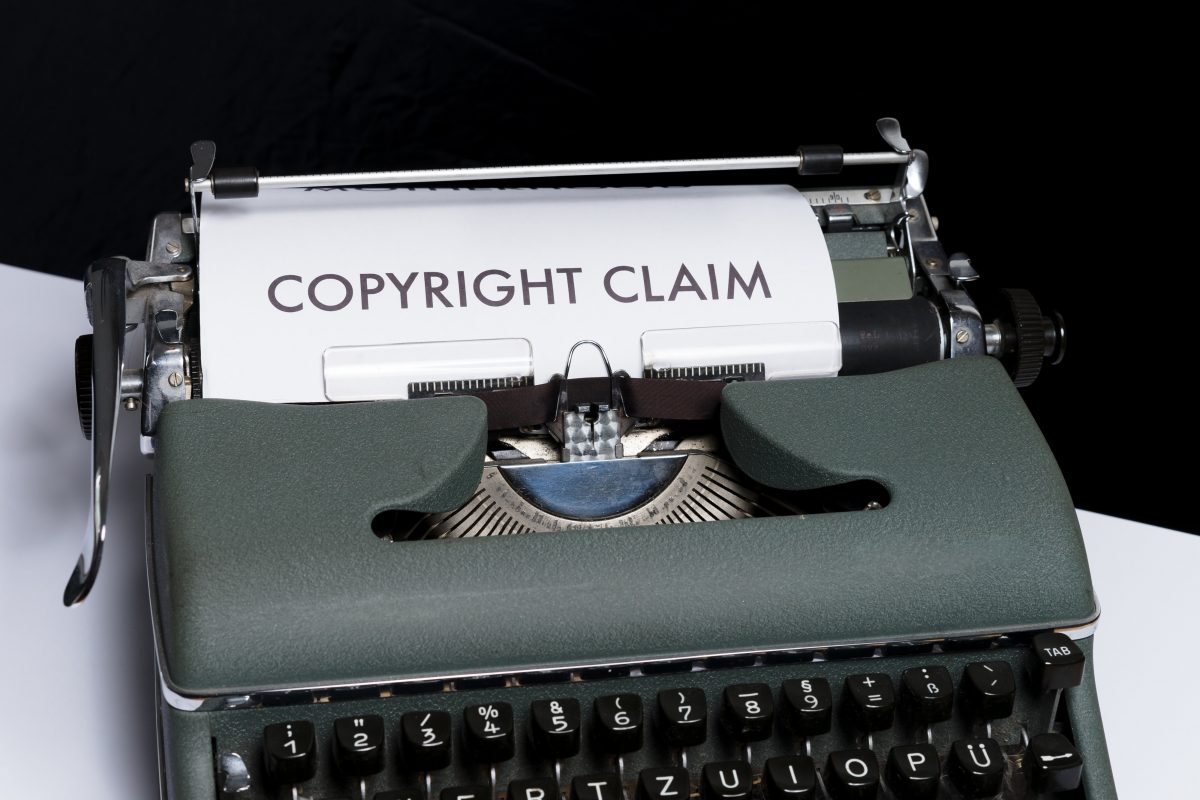
Photo: pixabay.com
– Trademarks
These can be defined as any name -sign- susceptible of graphic representation, which is capable of distinguishing in the market, products or services -understanding for these purposes sporting events as a product-. In simple words, a trademark is the name you give to the product or service you are trying to sell, which gives them distinction, allowing them to be recognized within a specific market or industry.
Trademarks, as we said before, must be registered in order to be licensed, since, without registration, there is no property right over it (without prejudice to the copyright generated at the moment of creating the logo). In sporting events, there is usually a high concurrence of trademarks, both by the same trademarks created by the organizers (name and logo of the event), and by the sponsors that are part of the financing of the event in exchange for a graphic presence during the event.
-Licenses
License agreements are those agreements whereby the party that owns a right, called licensor, authorizes the other party, called licensee, to use the material protected by such right for a certain period of time, in exchange for a consideration (usually financial) to be determined on a case-by-case basis. Let us look at the following practical example, the International Olympic Committee (“IOC”)
YOU CAN ALSO READ:The importance of law in a football club
Using the example of the IOC, if it chooses to broadcast the Olympic Games on its own account, the use it would be authorising through licences would be to use the audiovisual material generated live (the television signal), allowing those who decide to obtain the licence to retransmit it. In the second option, the IOC would delegate the duty of transmission to other companies by its own means under the terms and conditions agreed in the respective licences, authorising them to use all the protected material of the event for the transmission.
From the above, the question may arise, does the attendee of the event who broadcasts the event live on social media infringe the copyright of the organisers or licensees? The answer, as is often established in law, is that a distinction must be made. In this case, we find that the attendee is not making use of any third-party audiovisual material – neither of the organisers, nor of the television or analogue companies that obtained their licence – since it is the attendee himself who is generating the transmission by his own means, having paid for his ticket to attend the event, so it could be configured as a kind of “authorisation” to do so, just as the companies did to acquire the transmission rights.
A key point is whether the attendee seeks to receive or received a pecuniary benefit from the broadcast, as this type of offence normally requires that the offender has benefited from the broadcast. As stated, this is a somewhat ambiguous situation, so what is usually done in these cases is to expressly establish in the terms and conditions of the admission ticket the prohibition to broadcast the event live.
– Signal protection systems
As noted above, behind the creation of a live signal, there are copyrights that protect it, and which belong to whoever is carrying out the transmission. Just as technology has favoured the development of telecommunications and digital media, allowing them to broadcast major sporting events in every region of the world, it has also been used by some people or organisations to take advantage by gaining illegitimate access to these broadcast signals. As a result of the above, certain measures have been taken to safeguard the security of access to protected material, including, for example, geo-blocking, authenticated access and encrypted signals.
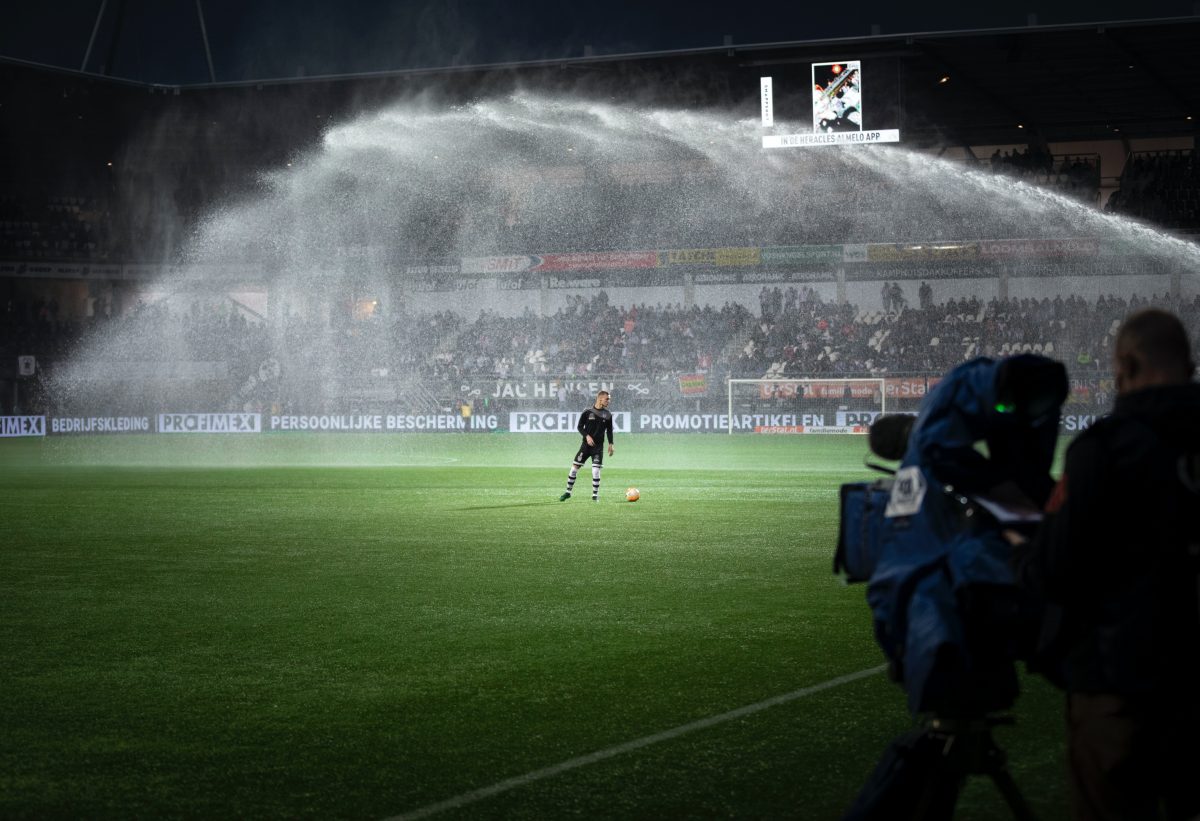
Photo: unsplash.com
– Infringements and token cases
The main requirements for infringement of copyright in the broadcast of a sporting event are, in general, that there is an illegitimate use of another’s protected material, and that there is, in turn, a benefit for the infringer. Notwithstanding the above, in various jurisdictions there is what is called “fair use” of other people’s material, which in most countries has one thing in common, education. This doctrine establishes that a person or institution does not infringe copyright by using another’s work as long as it is for educational purposes.
The following are two symbolic court cases that have arisen in relation to the use of illegitimate content or transmission of certain sporting events:
a- Premier League vs YouTube, 2007: The English Premier League sued the online streaming platform “YouTube” in the United States for copyright infringement, since audiovisual material of matches organised by the English Football Association, which owned the copyright of this material, was available to users on the platform and there was no licence in force. In this case, an agreement was reached between the parties, with Youtube undertaking to improve its control policies regarding the material published by its users, together with the removal of all material that was not under licence.
b- LaLiga vs Rojadirecta, 2015: LaLiga, organiser of the Spanish professional football league, sued the website “Rojadirecta” for infringement of broadcasting rights, as this site provided links to watch the event live on digital platforms that did not have a licence, and therefore did not have the authorisation to broadcast it. In 2015 in Spain, the court ruled that Rojadirecta should be shut down because, although it did not directly infringe broadcasting rights because it only provided the links but did not broadcast the events, the court concluded that the website still contributed to the infringement of broadcasting rights.
YOU CAN ALSO READ: The figure of the sports successor
In accordance with the above, it can be concluded that, in the field of intellectual property, there is an accumulation of regulations created around sporting events with the aim of regulating the treatment and good use of the different rights that emanate from the creative material generated by virtue of the organisation, realisation and transmission of these events.
LEGAL NOTICE: This article has been prepared for informational purposes only. It is not a substitute for legal advice directed to particular circumstances. You should not take or refrain from taking any legal action based on the information contained without first seeking professional, individualized advice based on your own circumstances. The hiring of a lawyer is an important decision that should not be based solely on advertisements.
If you want advice related to the subject of the
article do not hesitate to contact us!
(email: contact@wdassocies.com)


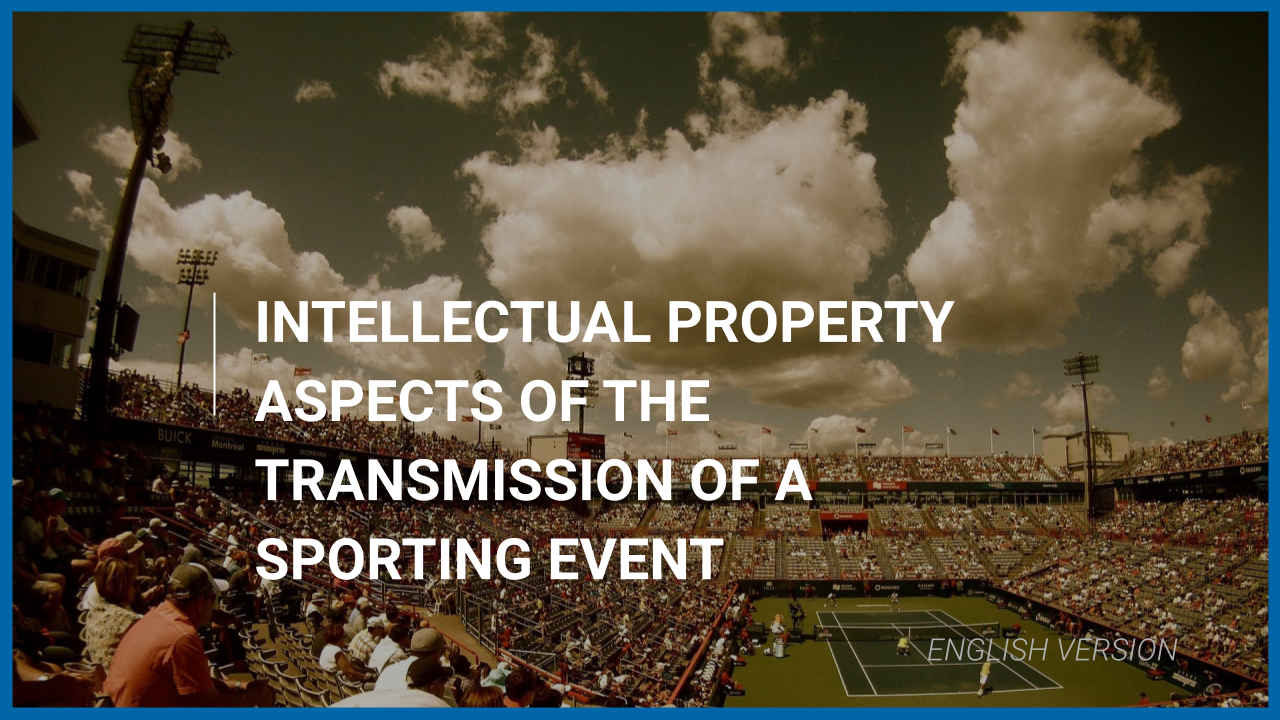


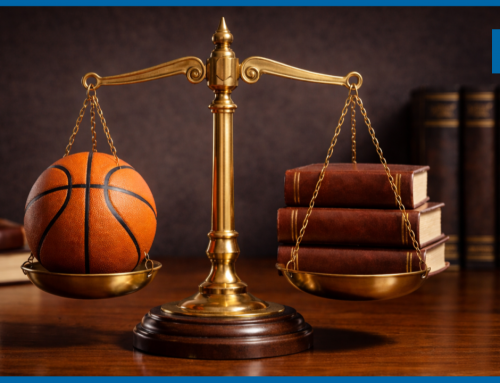
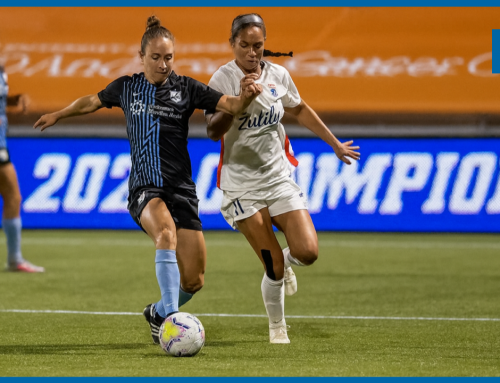



Leave A Comment